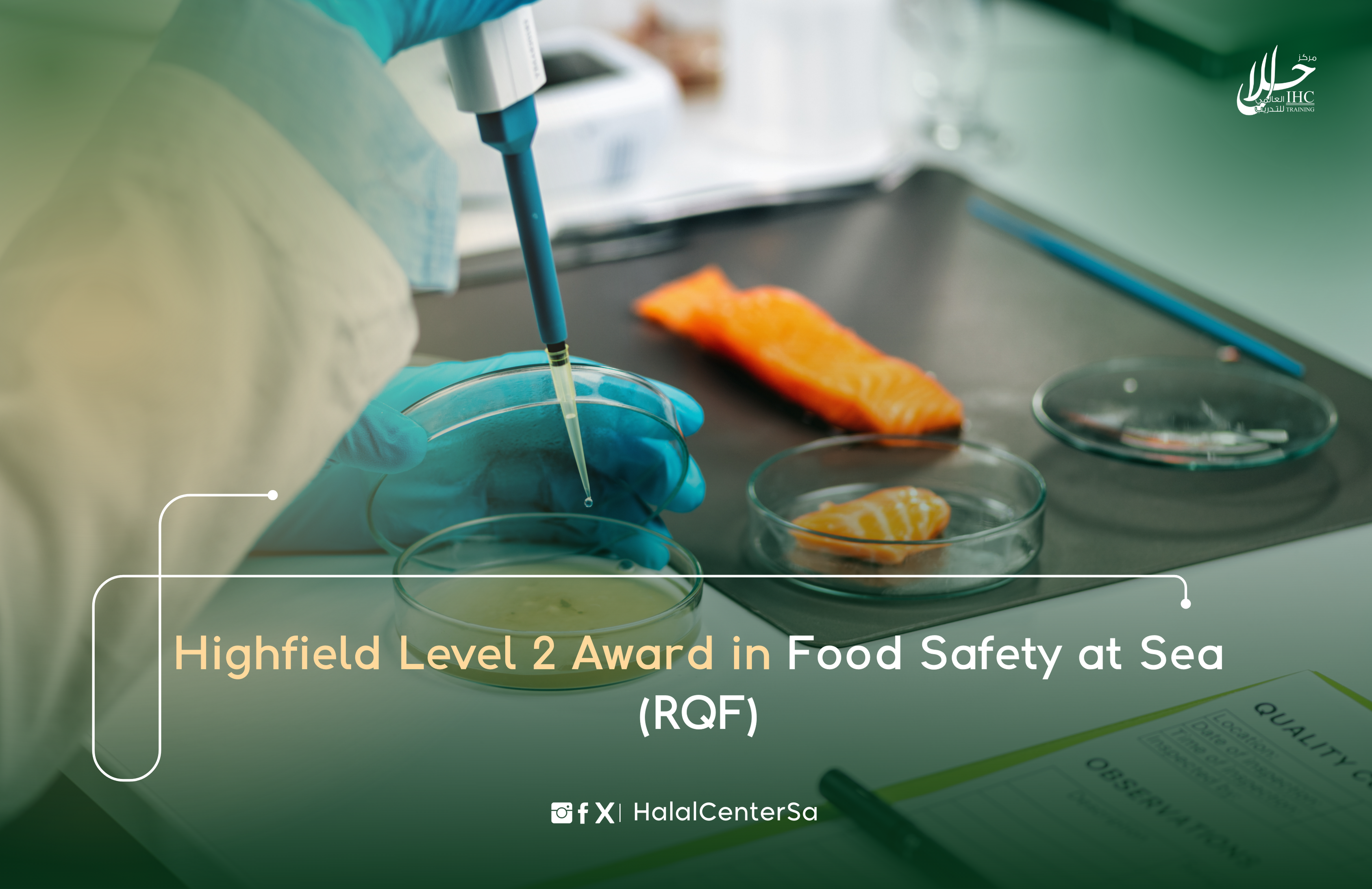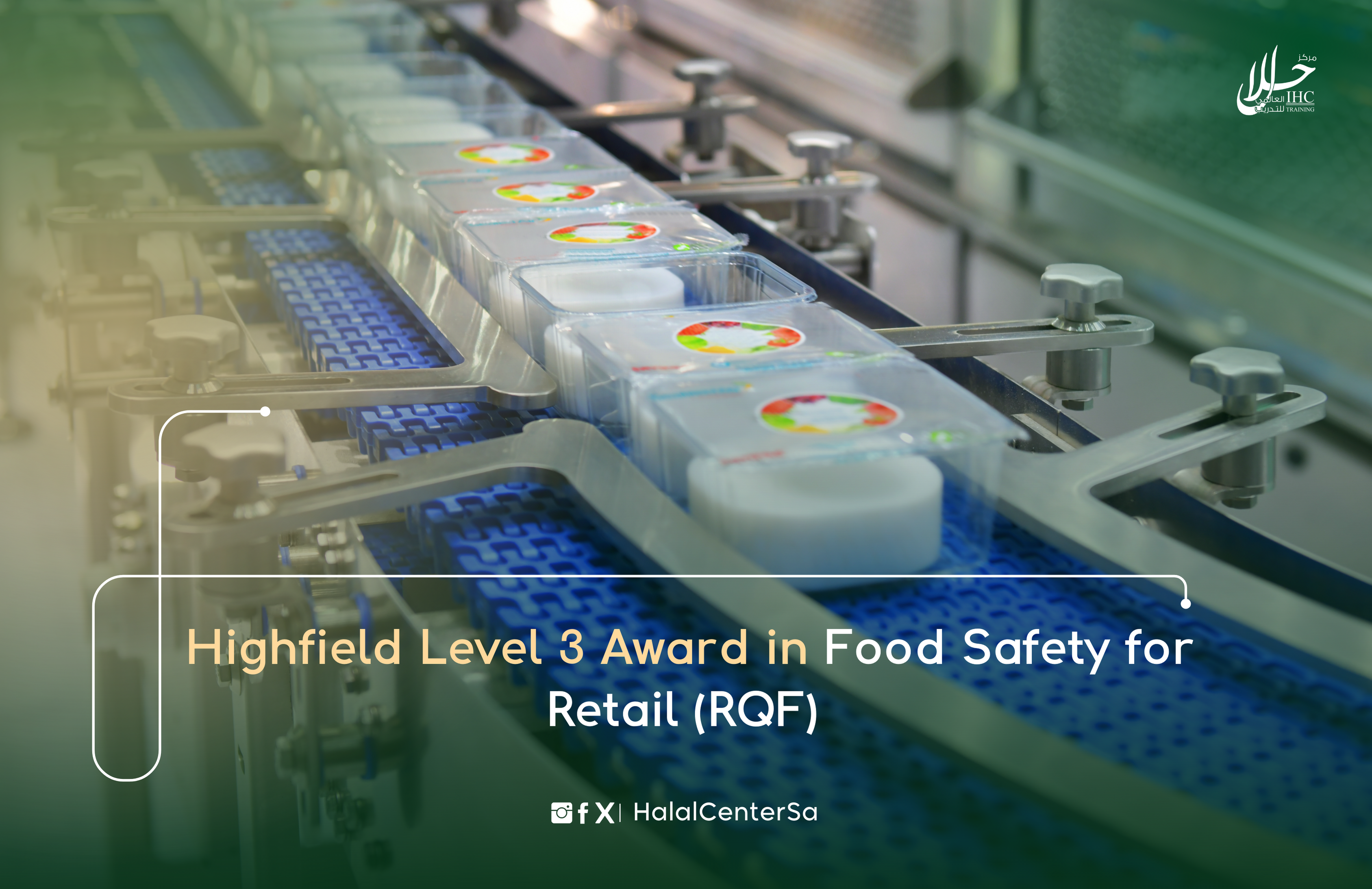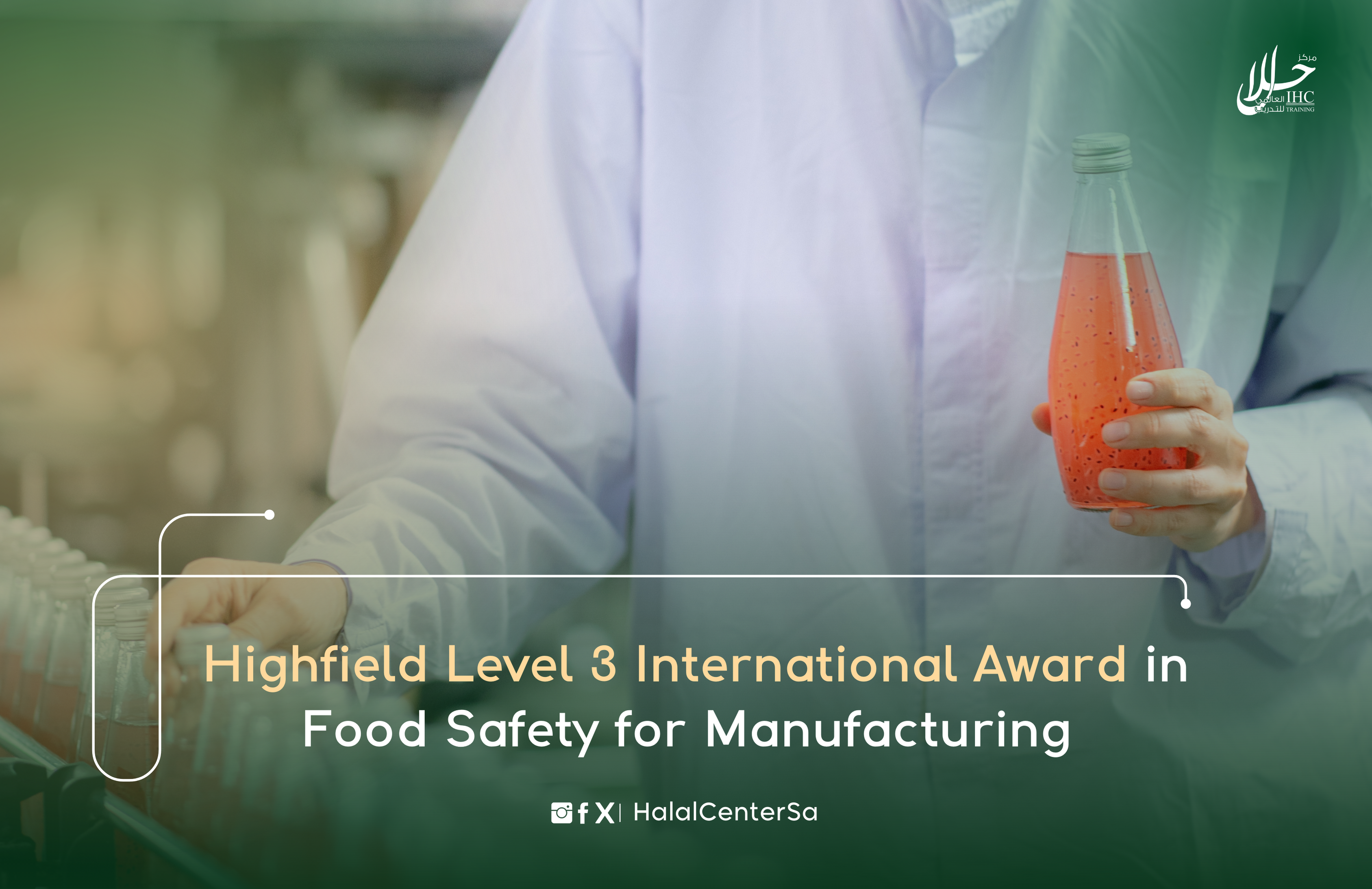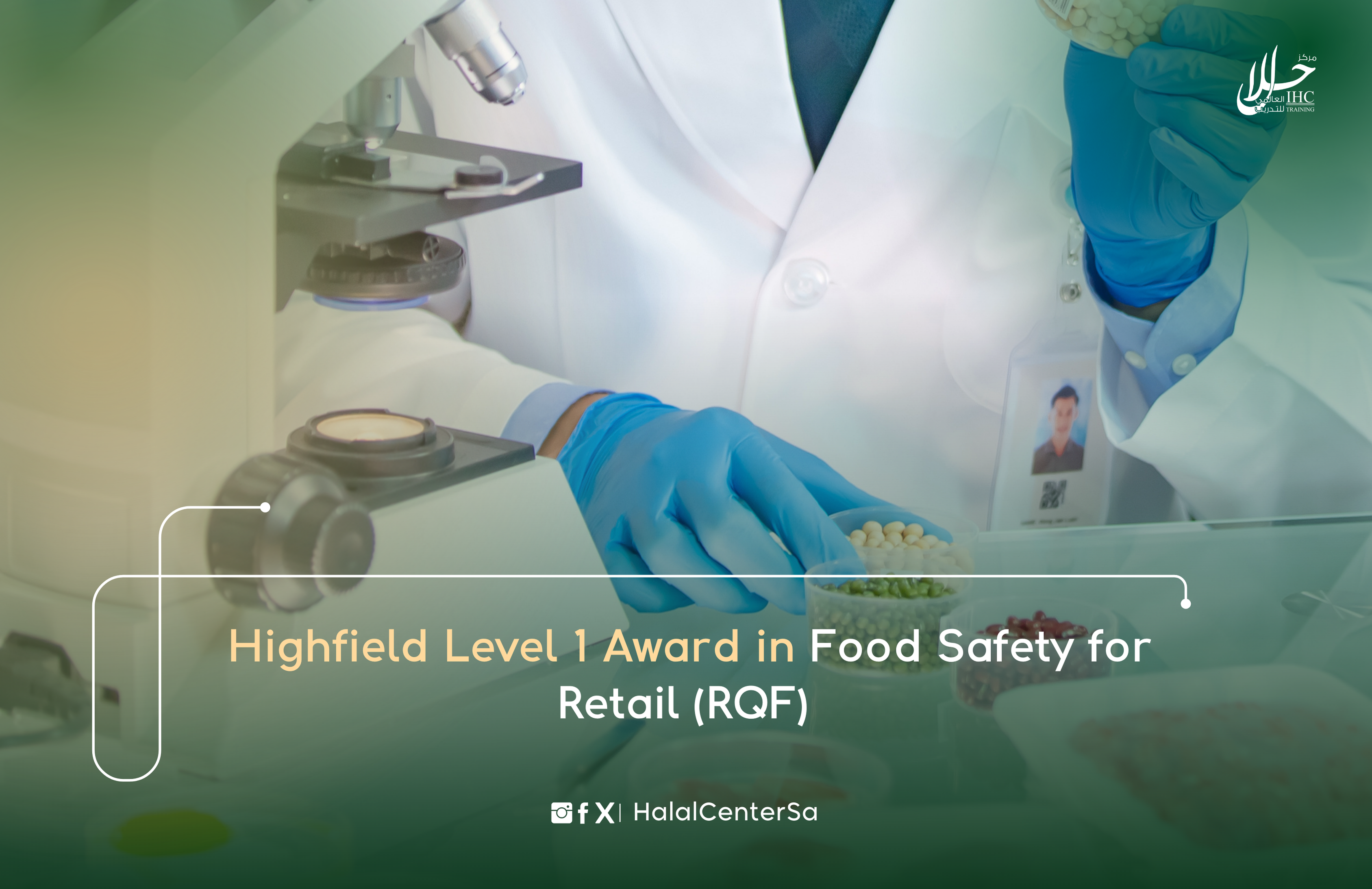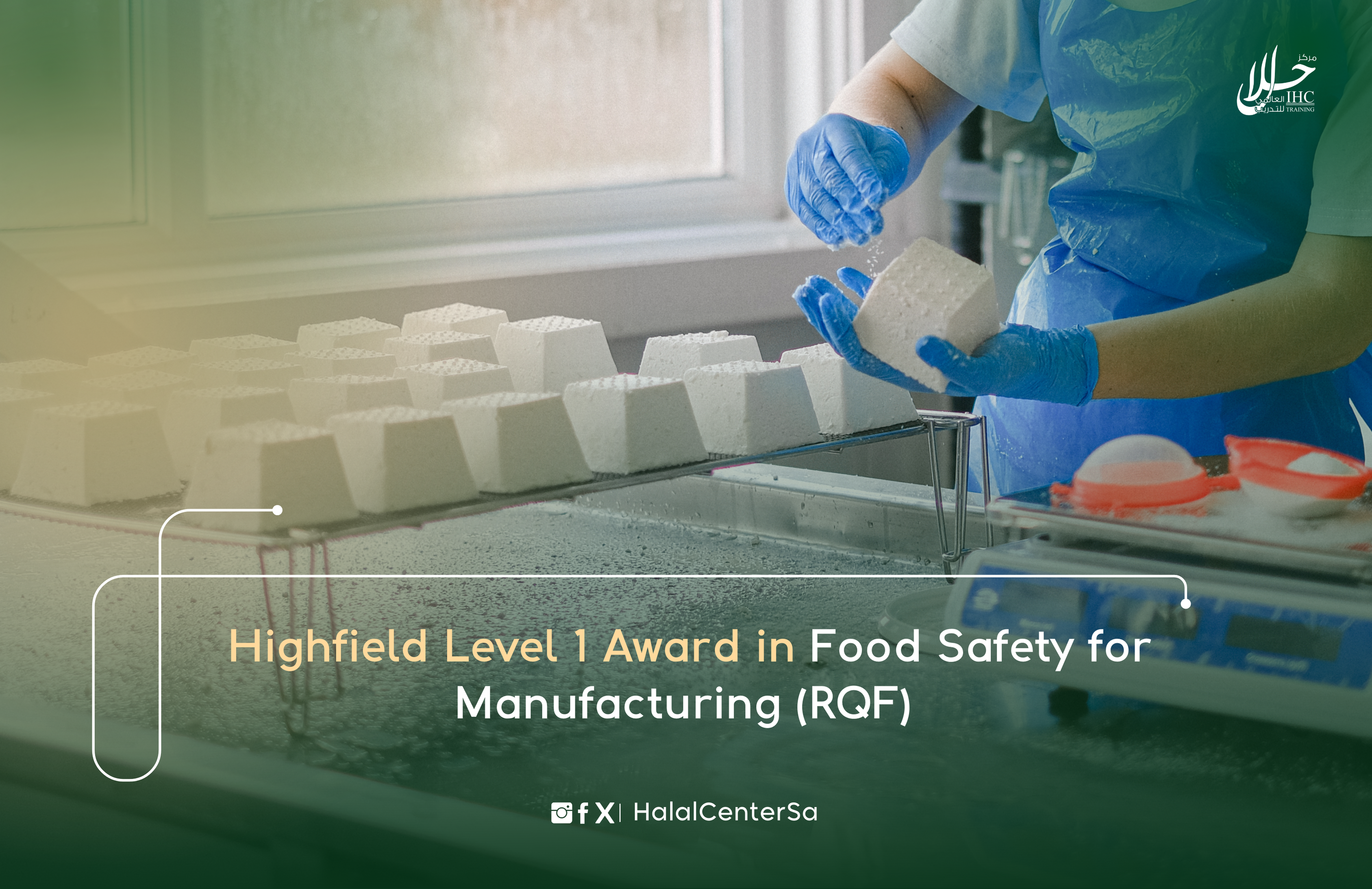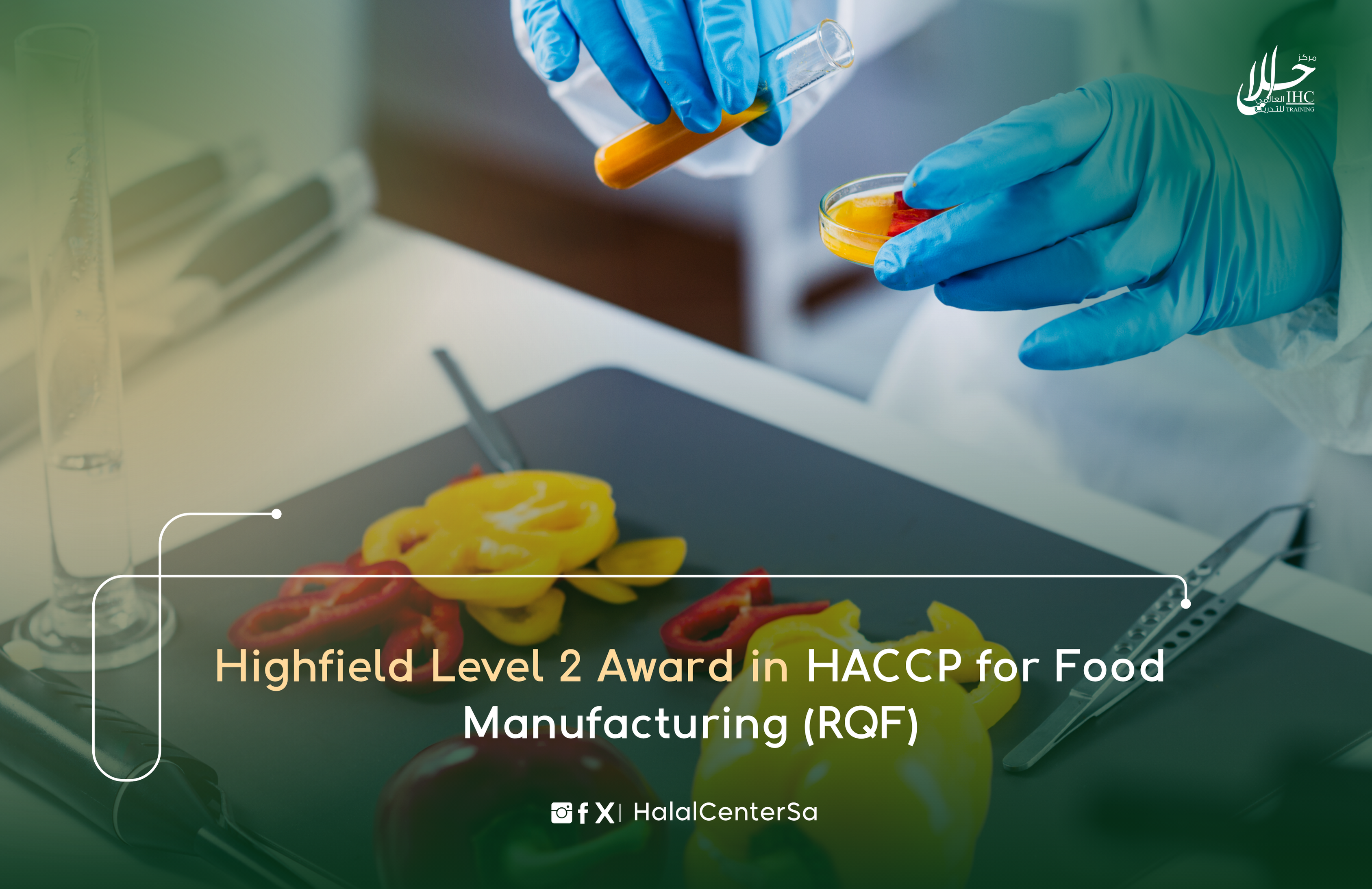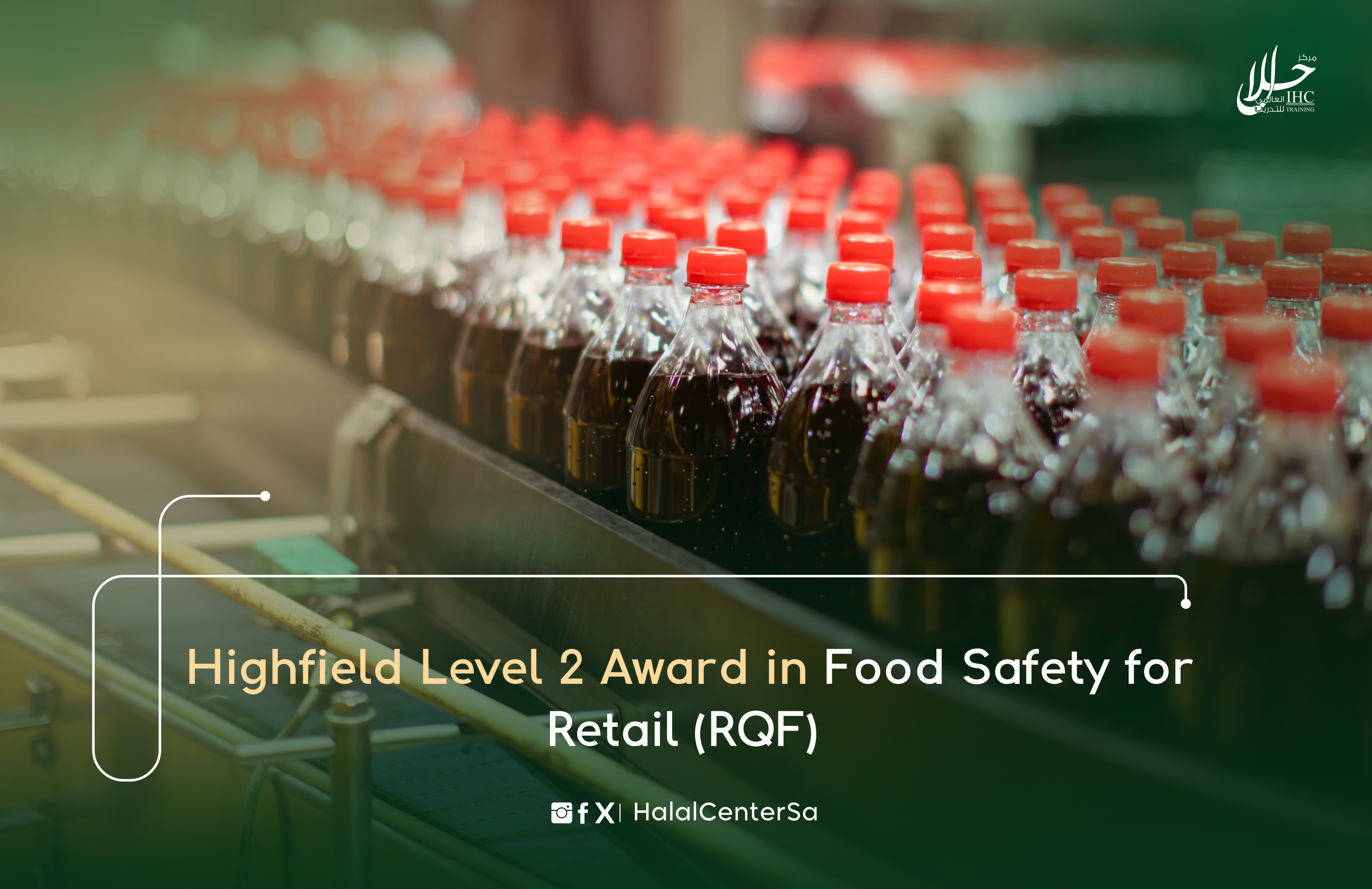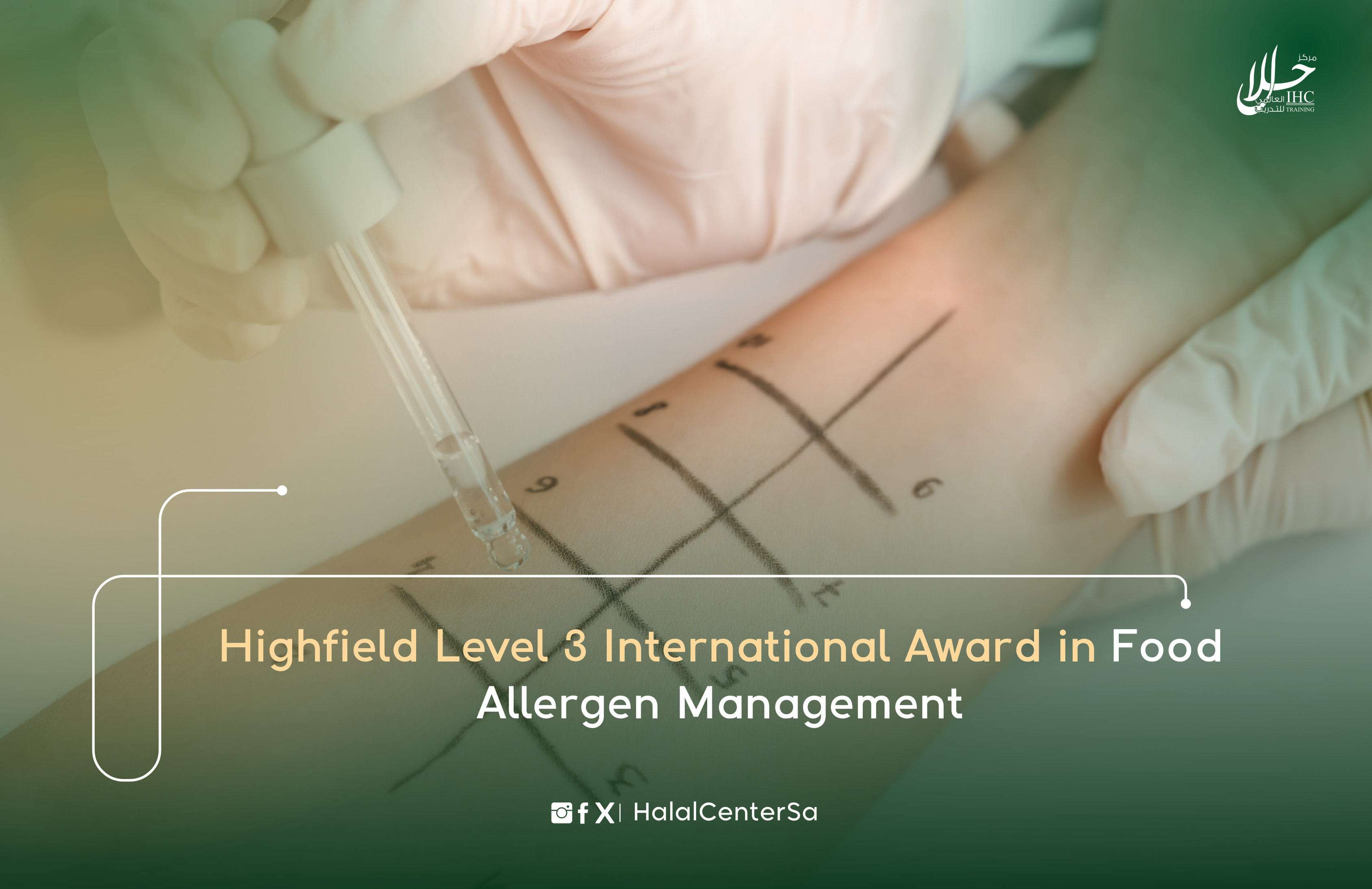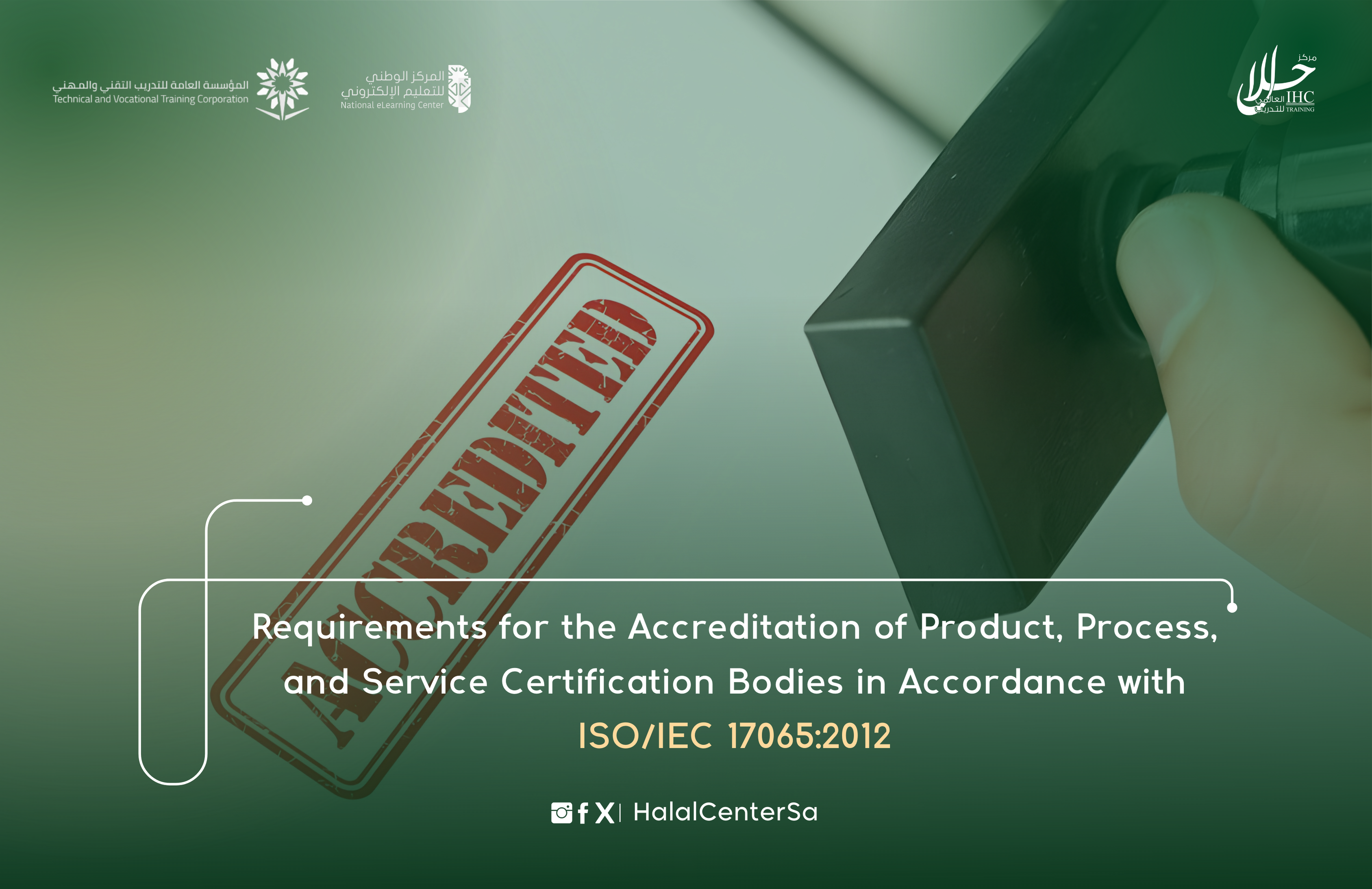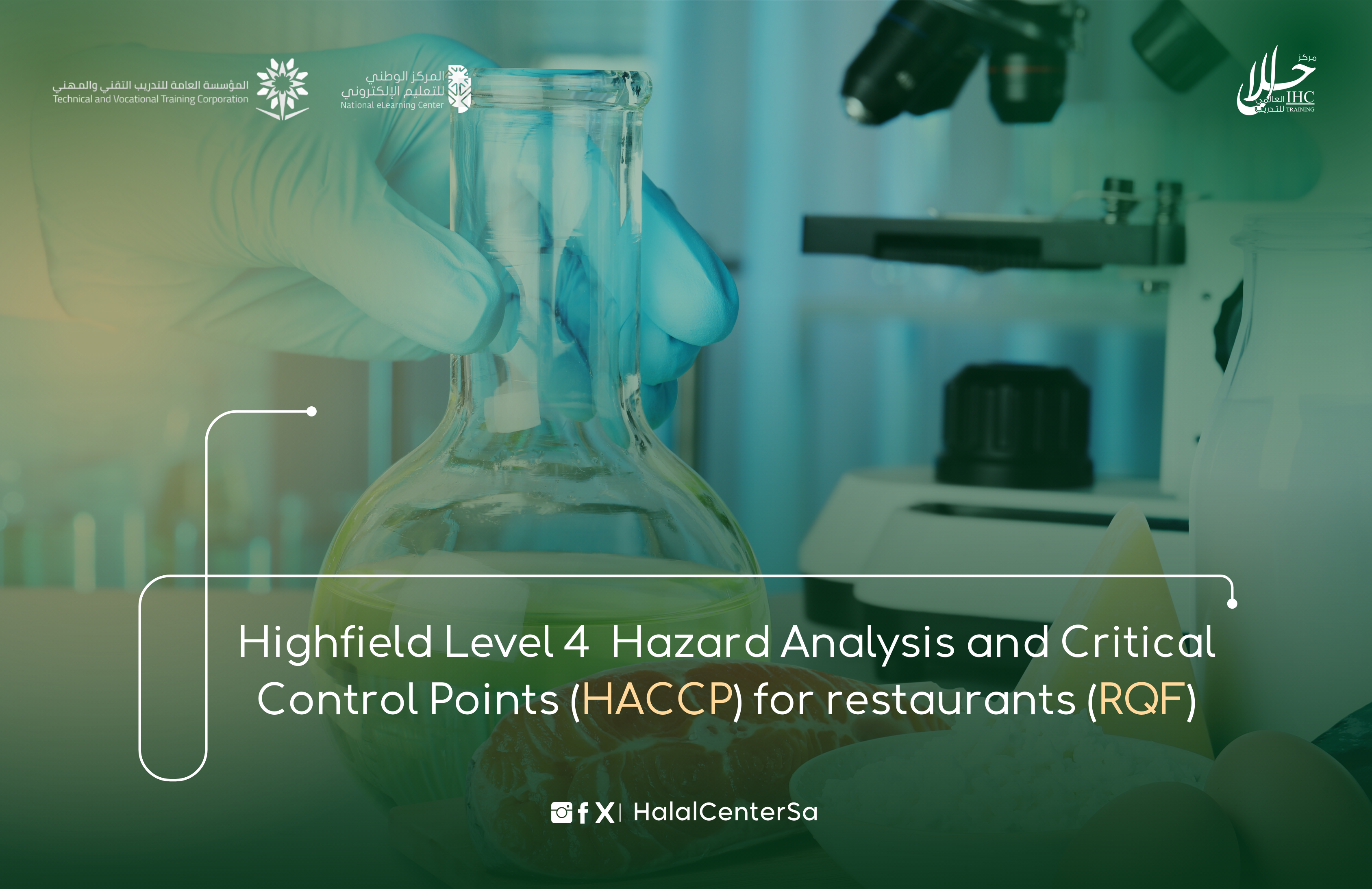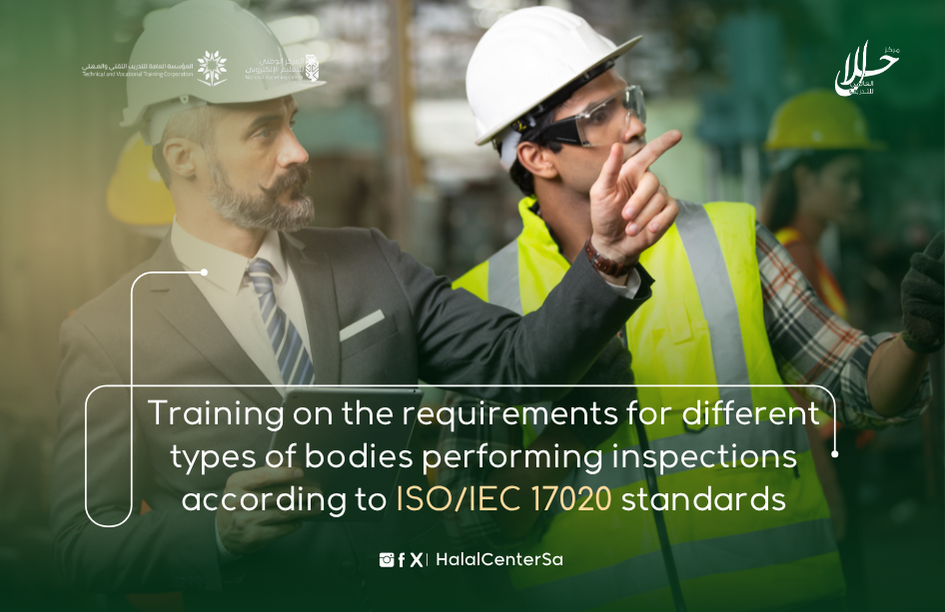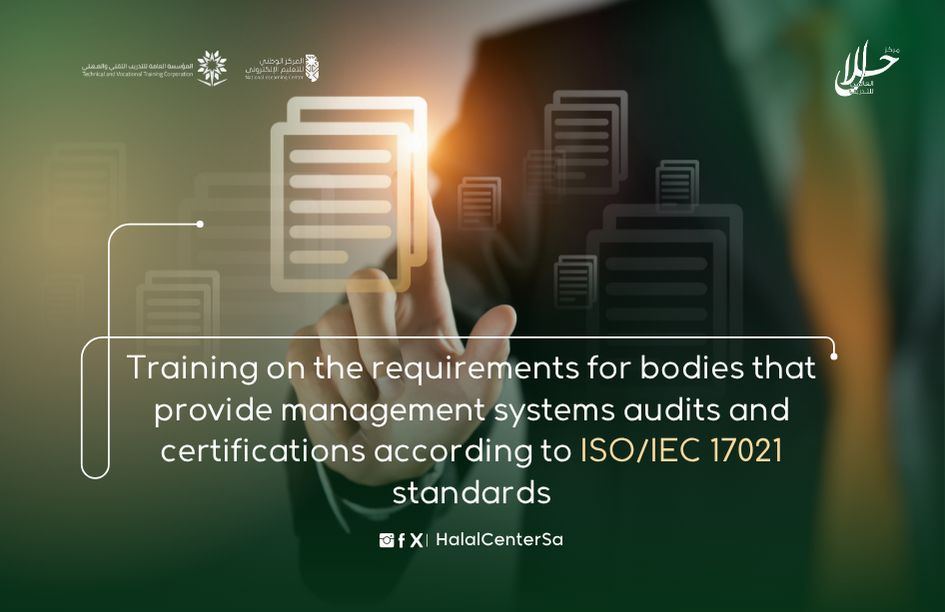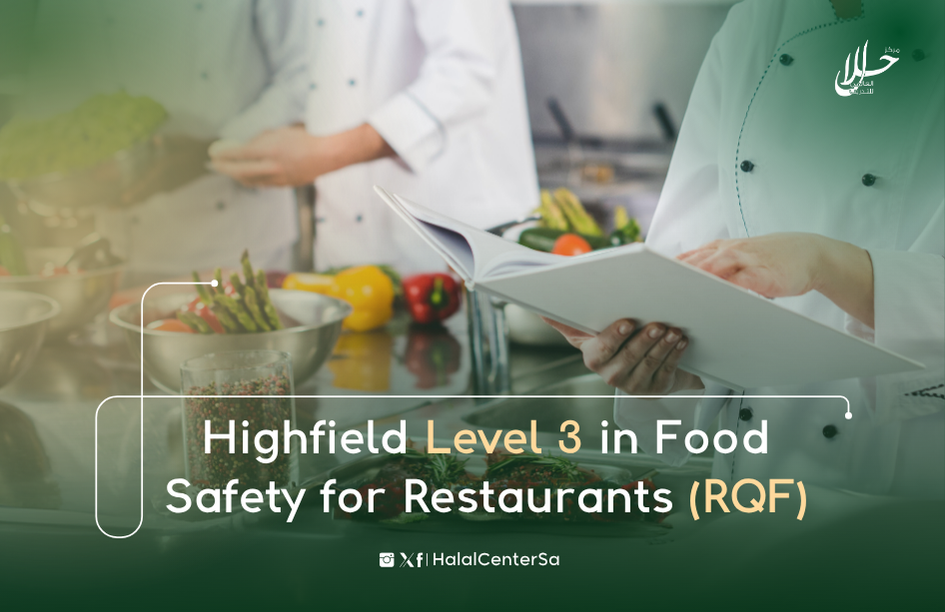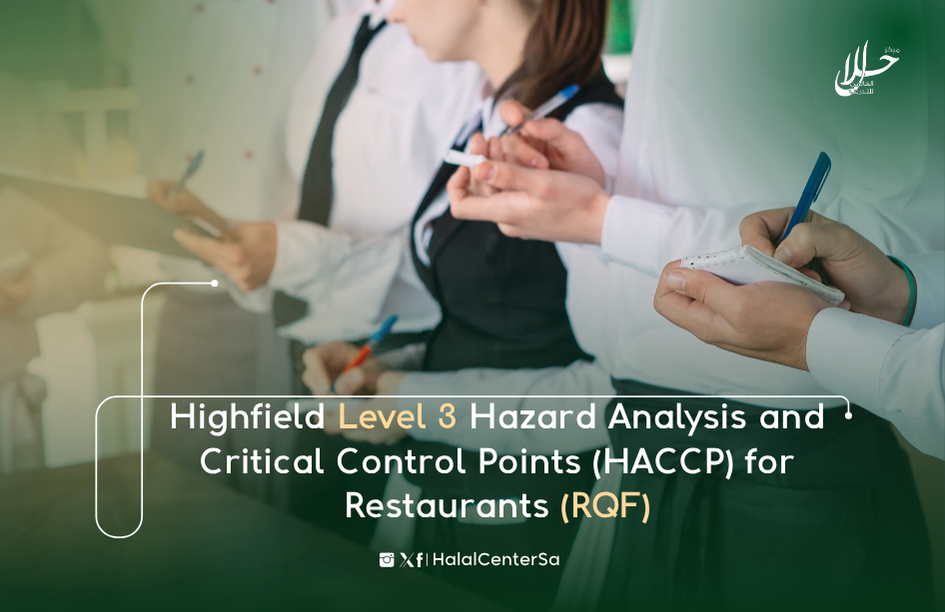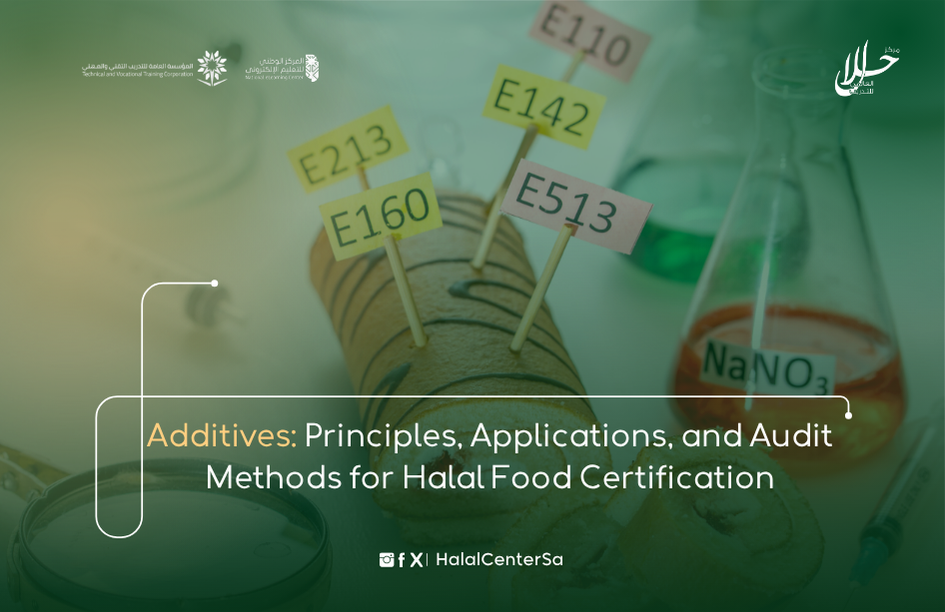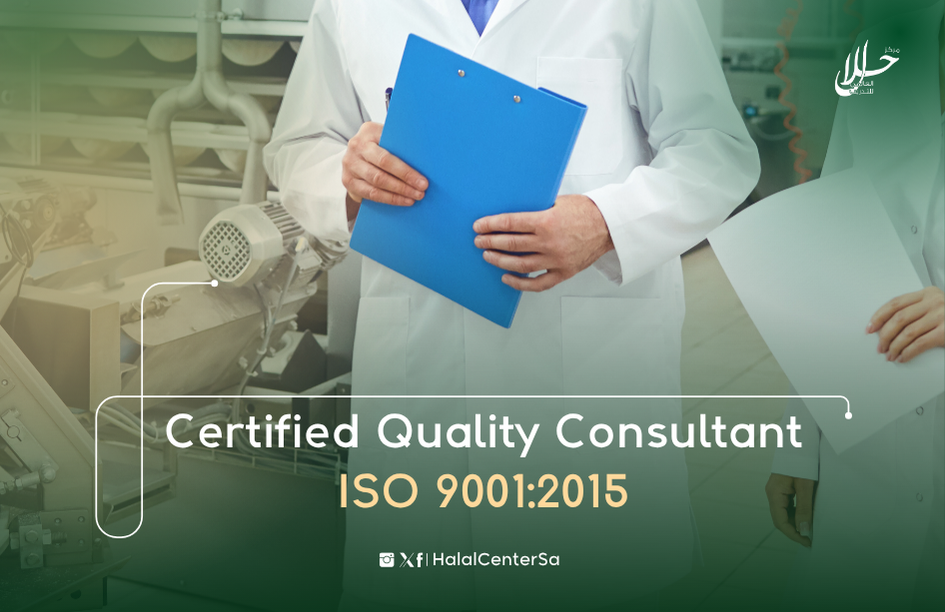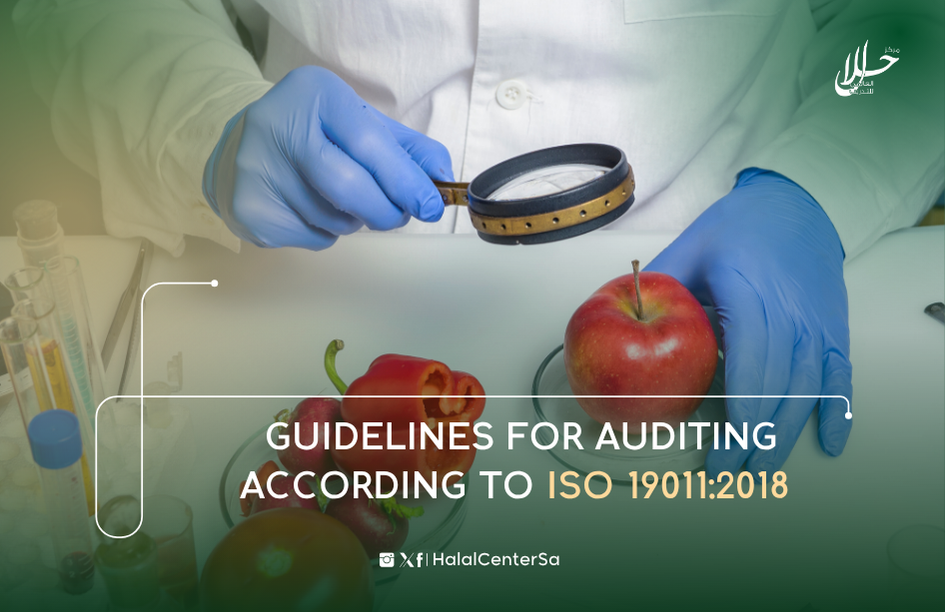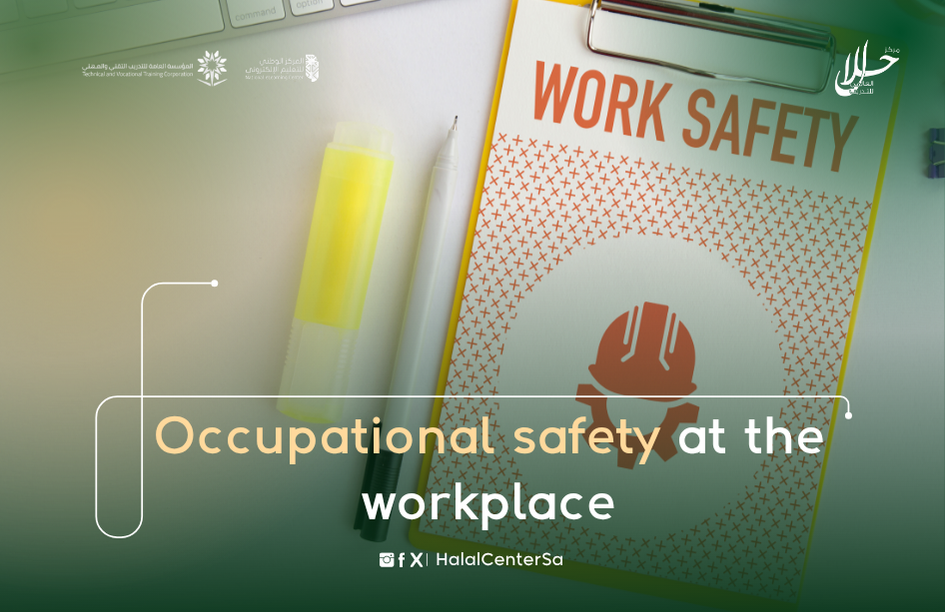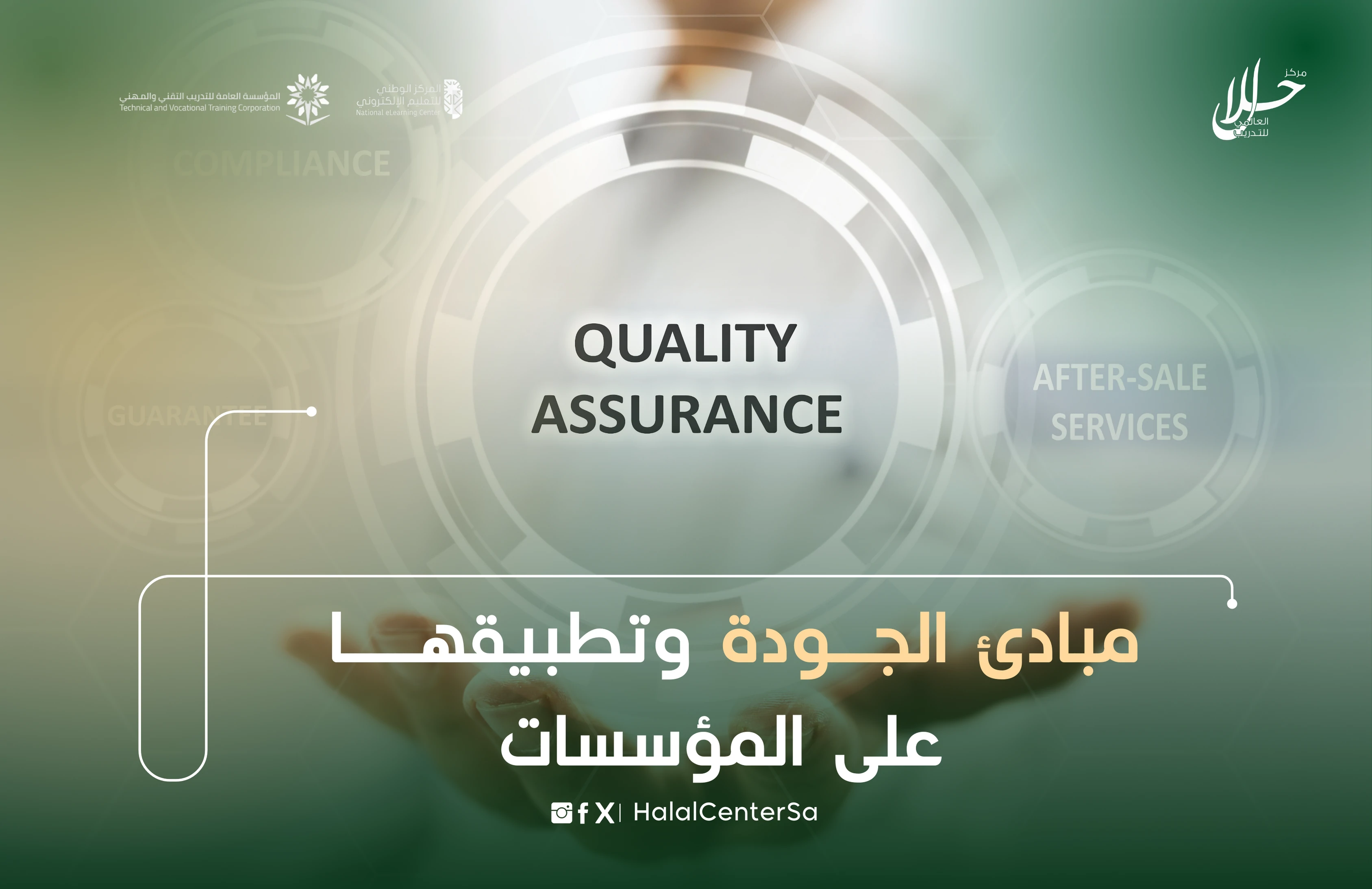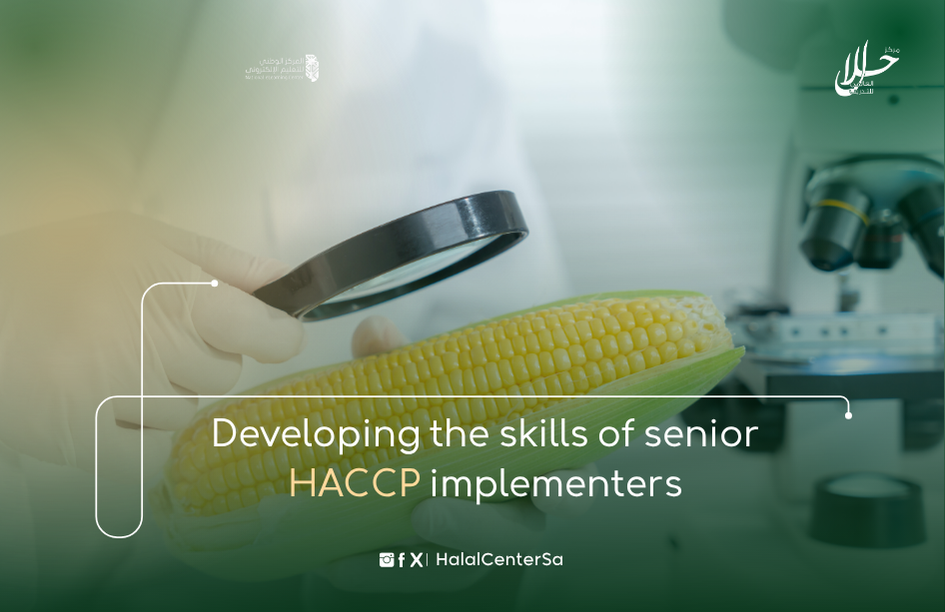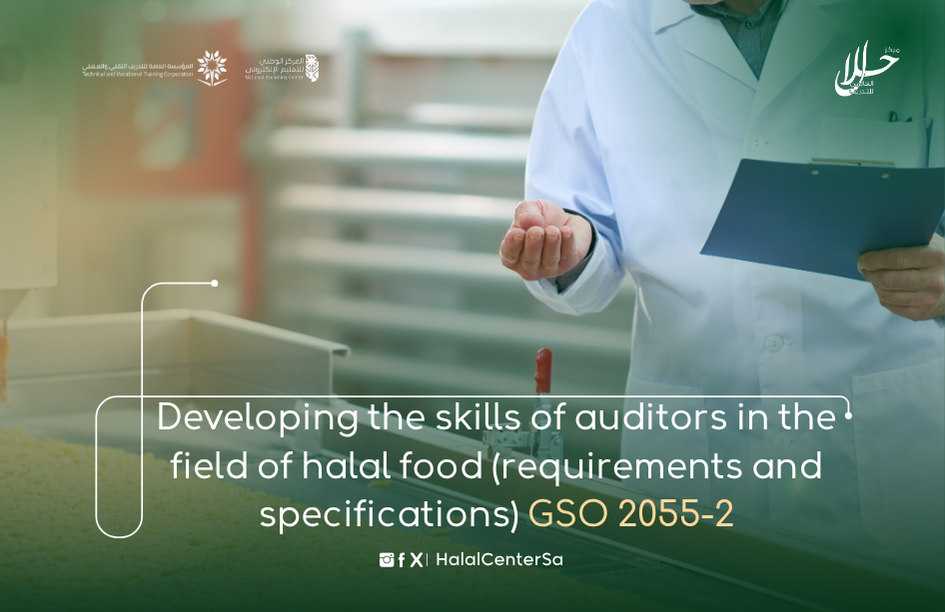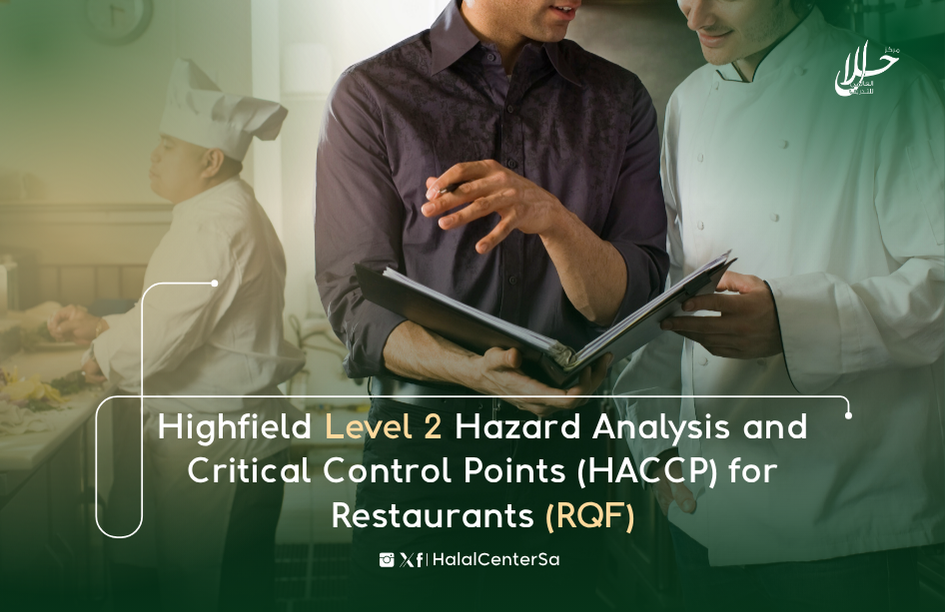
-
Course title Highfield Level 2 in Hazard Analysis and Critical Control Points (HACCP) for Restaurants (RQF)
-
Overall time 10 Hour
-
Overall days 2 Day
-
Accreditation code 29610
-
Course type
- Online
- Offline
About course
Training Program Description:
The program focuses on qualifying participants to understand and apply the Hazard Analysis and Critical Control Points (HACCP) system, one of the most important systems for ensuring food safety at all stages of production. The program helps develop the skills necessary to form a HACCP team, analyze hazards, identify critical points, and implement controls and corrective actions, ensuring compliance with international standards and achieving high food quality.
Detailed Training Program Objectives:
1-Understand the origin of the HACCP system, its core concepts, and the prerequisites for its implementation.
2-Differentiate between the preliminary steps and the seven principles of HACCP, and understand the logical sequence of implementation.
3-Identify different types of food hazards and learn how to analyze them through practical exercises.
4-Develop the skills to build effective control and monitoring measures for food products and their production environment.
5-Gain hands-on experience in creating process flowcharts for food production.
6-Learn how to describe products within HACCP plans.
7-Distinguish between Critical Control Points (CCP) and Operational Prerequisite Programs (OPRP).
8-Understand the difference between preventive and corrective actions and how they are defined and approved by management.
9-Differentiate between verification and validation activities.
10-Identify types of records, their components, and how to document and retain them properly.
11-Recognize the difference between a HACCP plan and a HACCP manual, and understand how to audit and review them.
12-Review and correct HACCP plans developed by trainees during the course.
Target Audience:
-
Professionals working in the food industry.
-
Quality and food safety officers in food factories and establishments.
-
Individuals seeking to enhance their skills in the field of food safety and processing.
-
Students in food science and related disciplines.
Reviews (1)
-
 5
51 week ago
استفدت كثير من الكورس، ساعدتني في تطوير مهاراتي العملية
Related courses
Offline 600
Online 600
Offline 600
Online 600
Offline 950
Online 950
Offline 950
Online 950
Offline 600
Online 600
Offline 600
Online 600
Offline 500
Online 500
Offline 600
Online 600
Offline 600
Online 600
Offline 600
Online 600
Offline 3000
Online 3000
Offline 1150
Online 1150
Offline 1500
Online 1500
Offline 1500
Online 1500
Offline 600
Online 600
Offline 950
Online 950
Offline 199
Online 199
Offline 950
Online 950
Offline 199
Online 199
Developing the skills of auditors in the field of halal food (foundations and principles) GSO 2055-1
Offline 1500
Online 1500
Offline 3000
Online 3000
Offline 199
Online 199
Offline 1500
Online 1500
Offline 1500
Online 1500
Offline 199
Online 199
Offline 1500
Online 1500
Offline 500
Online 500
Offline 199
Online 199
Offline 1500
Online 1500
Offline 1500
Online 1500

